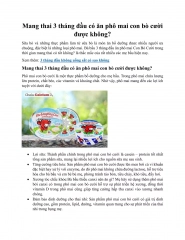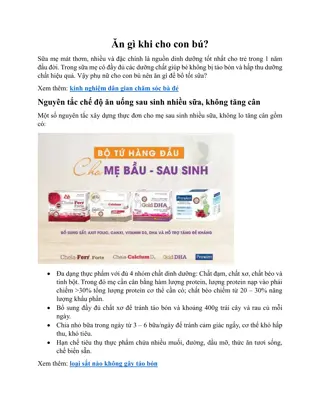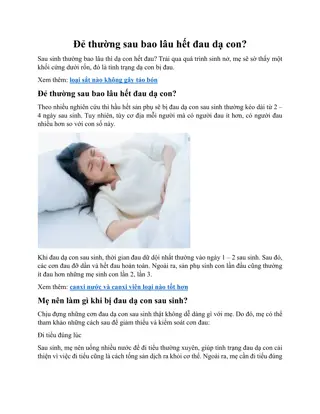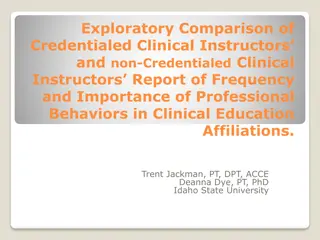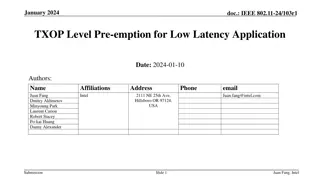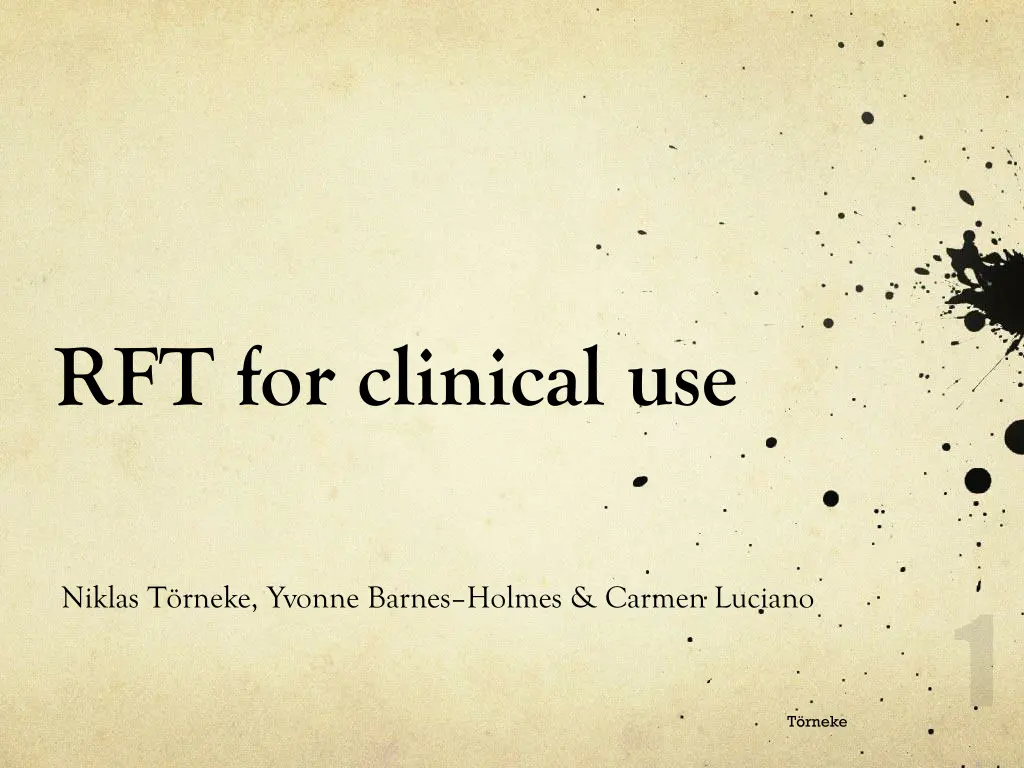
Clinical Applications of Relational Frame Theory Workshop Summary
Delve into the practical aspects of Relational Frame Theory (RFT) with this workshop featuring theoretical insights, experiential exercises, and discussions on complex verbal regulation. Explore the importance of psychological flexibility in responding to thoughts and behaviors, and discover clinical tasks to help clients develop alternative strategies. Enhance your therapy toolkit with a focus on functional contextualism and interaction with one's behavior.
Download Presentation

Please find below an Image/Link to download the presentation.
The content on the website is provided AS IS for your information and personal use only. It may not be sold, licensed, or shared on other websites without obtaining consent from the author. If you encounter any issues during the download, it is possible that the publisher has removed the file from their server.
You are allowed to download the files provided on this website for personal or commercial use, subject to the condition that they are used lawfully. All files are the property of their respective owners.
The content on the website is provided AS IS for your information and personal use only. It may not be sold, licensed, or shared on other websites without obtaining consent from the author.
E N D
Presentation Transcript
RFT for clinical use Niklas T rneke, Yvonne Barnes Holmes & Carmen Luciano T rneke 1
The structure of the workshop Theoretical introduction Metaphor Experiential exercises T rneke 2
Functional Contextualism CONTEXT 3 CONTEXT T rneke
Two areas of special interest Complex verbal regulation (rule governed behavior) Interaction with your own behavior T rneke 4
Complex verbal regulation CONTEXT A C 5 CONTEXT T rneke
Interacting with your own behavior CONTEXT A person who has been made aware of himself by the questions he has been asked is in a better position to predict and control his own behavior (Skinner, 1974, p. 35). 6 CONTEXT T rneke
Flexibility Rigidity RFT for clinical use T rneke 7
Flexibility: Psychological flexibility is the ability to notice and react to your thoughts, feelings, and behaviour in order to give one the opportunity to take action towards important ends. More specifically this involves responding to one's own responding as participating in a frame of hierarchy with the deictic I. This is typically accompanied by a substantial reduction in the behavioural control functions of the response in question, which thereby allows for additional relational responding that specifies appetitive augmental functions, and further behaviour that is coordinated with that relational responding T rneke 8
Three clinical tasks Help the client discriminate the relationship between current functional classes of behaviour and problematic consequences. According to the analysis done we expect the problematic functional class to be responding in coordination with self- instructions/rules. 1. Help the client discriminate his/her own responses, framing them in perspective and hierarchy with the deictic I. Train this repertoire as an alternative functional class. 2. Help the client develop this alternative strategy to specify appetitive augmental functions for further behaviour 3. T rneke 9
Tools for therapy Functional analysis is at the root of ACT Metaphor Experiential excercises T rneke 10


